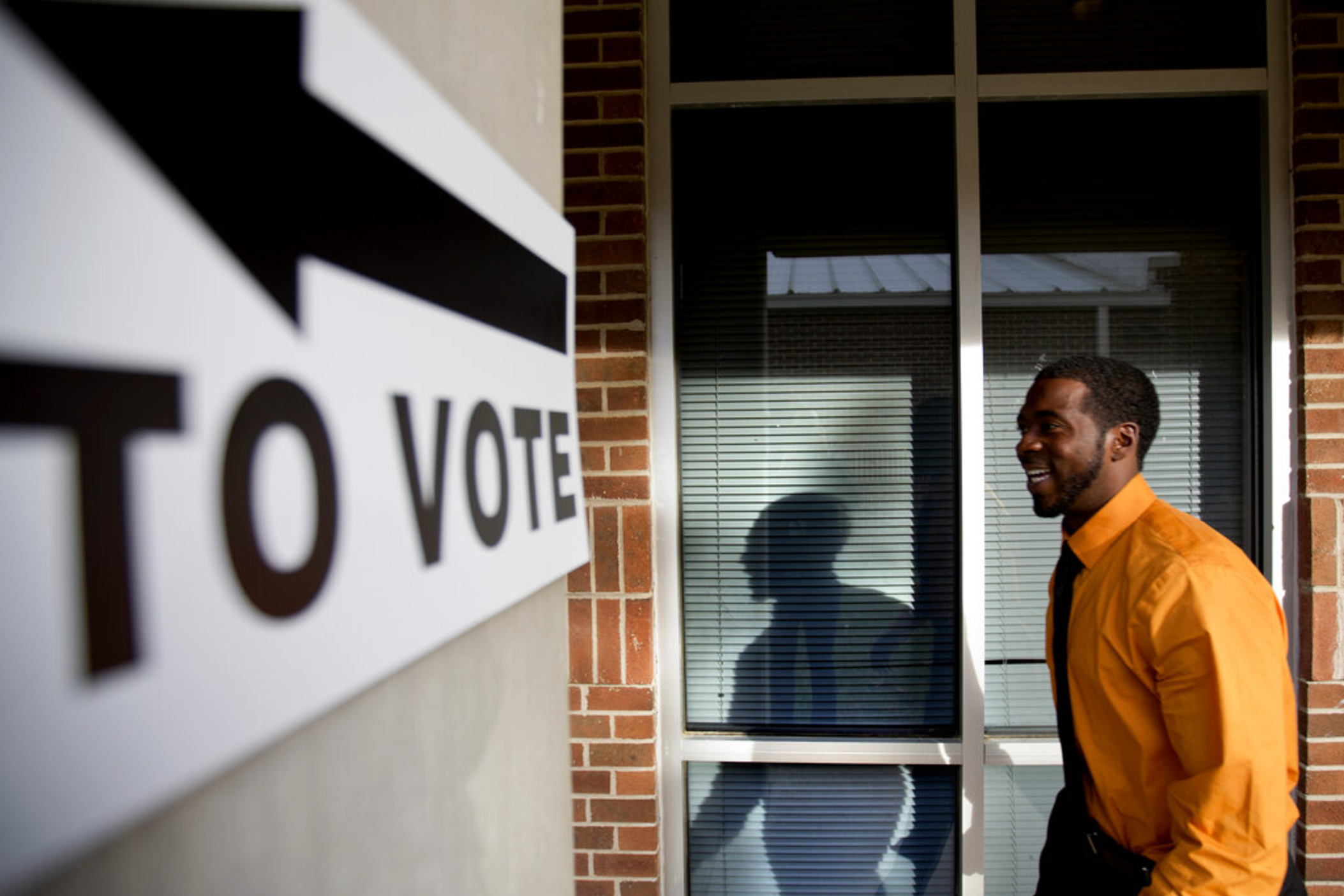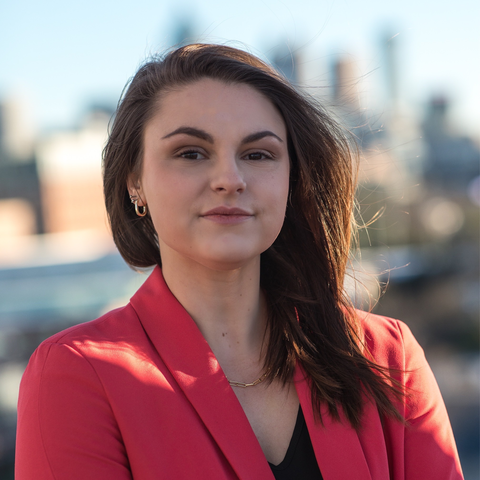Section Branding
Header Content
Atlanta mayoral candidates plead their cases in final stretch before election
Primary Content
With less than a month before Atlanta’s municipal elections, candidates face the task of swinging undecided voters who, polls show, have a dim view of the city's future.
In a flurry of forums this week, candidates for the top political seat in the city answered questions on topics like how they would combat crime, create affordable housing, bolster public transit and handle the growing Buckhead secession movement.
The next mayor of Georgia’s largest city will play a crucial role in directing its path forward.
Current Mayor Keisha Lance Bottoms announced in May she would not be running for reelection during an emotional news conference. The high-profile Democrat lamented about the difficulties of navigating the pandemic and mass protests sparked by police killings across the country.
The city remains in a period of uncertainty and Bottoms’ successor will face tough challenges including how to tackle the spike in violent crime and rebounding from the pandemic.
The top contenders include:
- Former Atlanta Mayor Kasim Reed;
- Atlanta City Council President Felicia Moore;
- Atlanta City Councilmember Antonio Brown;
- Atlanta City Councilmember Andre Dickens;
- Attorney Sharon Gay; and
- Businesswoman Rebecca King.
Georgia Public Broadcasting is scheduled to host its mayoral debates in coordination with the Atlanta Press Club on Tuesday, Oct. 12 at 5 p.m.
In a forum put on by the Atlanta Journal-Constitution on Monday, the top five polling candidates — Reed, Moore, Brown, Dickens and Gay — each made their case.
A poll released by the paper last month showed Reed and Moore nearly neck-and-neck — Reed with 23.5% of voter support and Moore with 20.4% — but within the margin of error.
None of the other major candidates had more than 6% of voters in their corner out of the 842 registered voters surveyed.
But a telling statistic found that, at the time, 41% of voters were still undecided on who they’d cast their ballot for — giving the opportunity for candidates to win over voters during panel discussions in these final weeks.
Arguably the most pressing issue on the horizon for the next mayor is how to reduce rising violent crime. In the AJC poll, 44% of those surveyed said it was their biggest concern.
Candidates had varying ideas on how to tackle the problem in the first 100 days in office from gang violence interventions in schools, bolstering law enforcement numbers and targeting high-crime properties in the city.
Moore outlined incentivizing retired officers to get back on the street and mend the broken relationship with Atlanta residents.
“I'm going to have a series of community conversations and I think the real conversations in the community are particularly where there have been frayed relationships between our police officers and the community,” she said. “We need to start having an open dialogue and then begin to work on how we can get things resolved.”
Throughout the 90-minute forum, Reed focused on crime as a key campaign issue and said it would be the “No. 1 priority” of his administration. He noted the importance of the selection of a new police chief.
“Whatever we need to do to push back against this surge of crime and violence, we need to do,” he said.
The rise in violent crime in Atlanta has sparked a new issue: Buckhead residents pushing to secede from the city itself. Buckhead residents would be the only voters to decide whether or not to separate from Atlanta.
All candidates said they would prioritize listening to Buckhead residents’ concerns. But it is unclear how the move would economically impact Atlanta.
Gay said Buckhead residents should focus on first electing new Atlanta leadership who can first try to address the concerns they have with the city.
“I hear you, your concerns are valid, you deserve to be taken seriously,” she said to Buckhead residents. “You have absolutely valid, serious concerns — not only about a crime but about too much top-down decision-making made in the city that is not respectful of all of our neighborhoods.”
While Bottoms as a politician shined on a national stage — even being considered to serve in the Biden administration — many criticized her choices as Atlanta’s top leader. Candidates criticized the accessibility of her administration.
Dickens said he’d work to be more accessible to the community.
“That means meeting with all the council members,” he said. “That means meeting with Buckhead. That means meeting with Midtown and that means meeting with Southwest Atlanta. I would be extremely energetic about meetings and getting things done.”
A more recent poll released by 11Alive this week also showed a large portion of voters undecided on who they’d back for mayor.
In another discussion, candidates Moore, Brown and Dickens dove into their plans for expanding affordable housing and reinvigorating the city’s public transit.
Proponents of a 22-mile light rail loop along the Atlanta Beltline had the chance to hear how three of the top candidates will make the idea a reality. The group Beltline Rail Now estimates it will cost $2.5 billion to complete the project.
A MARTA plan outlines that it would take more than 20 years, well into the 2040s, to build a 15-mile loop.
All candidates agreed that the project is necessary for Atlanta’s transportation needs and suspect they can speed-up the building process while in office.
Moore said as mayor she would leverage several things, including appointing members to the MARTA board who are in favor of the project.
“We would all love to see the Beltline (light rail) built in our lifetime. And so to move it forward quickly, using the bully pulpit of the mayor, there are plenty of inflection points that we have to make it happen,” she said.
Brown suggested using federal transportation infrastructure funds to move the light rail project forward.
“I will utilize those funds within the government, working with Secretary [Pete] Buttigieg, to ensure that we have the funds to sustain what is necessary and what this city should have already had in place and moving forward rail,” he said.
All candidates pointed to the light rail as a tool to catalyze affordable housing.
“I am not satisfied with a large sidewalk that people enjoy walking on or cycling on,” Dickens said. “But I am very interested in making sure this 22-mile loop has rail on it.”
The early voting period for Atlanta’s municipal elections begins Oct. 12.


